Understanding Childhood Alzheimer’s
Intro
Understanding Childhood Alzheimer’s. Welcome to the blog Diabetes Nosocomial, where the challenging and heartbreaking world of childhood Alzheimer’s, formally referred to as early-onset dementia, is explored.
Although Alzheimer’s disease is often associated with older adults, it’s essential to acknowledge that this debilitating condition can also affect children and adolescents.
Childhood Alzheimer’s is a sporadic neurodegenerative condition that typically affects children before age 20.
Unlike Alzheimer’s, commonly seen in adults, which tends to progress slowly over time, childhood Alzheimer’s progresses swiftly and relentlessly.
It means affected children begin to exhibit significant cognitive decline, severe memory loss, and behavioral changes at an alarmingly early age.
The symptoms attributed to childhood Alzheimer’s are distressing and profoundly impact a child’s daily life.
These children might struggle with in-school learning difficulties, lose the ability to speak or walk autonomously, and tragically, even lose touch with familiar faces or family members.
The stark truth is that childhood Alzheimer’s deprives children of their childhood and forces them to meet unimaginable challenges far too early.
Through this blog, we aim to shed light on the experiences and difficulties faced by children with this devastating condition and their families.
We are exploring the latest research and advancements in the field and share stories of hope and resilience.
We aim to increase awareness and understanding of Childhood Alzheimer’s and ultimately advocate for better support and resources for those affected.
Join this journey to help bring attention to this heartbreaking disease and work towards a future where childhood Alzheimer’s can be better managed and eventually cured.
Let’s work together to improve the lives of these brave children and their families.

Treatment Options
Understanding Childhood Alzheimer’s. Current treatment choices for childhood Alzheimer’s, also known as early-onset dementia, are limited and primarily focus on controlling the symptoms.
Medications such as cholinesterase inhibitors can enhance cognitive function and communication skills.
Additional physical, occupational, or speech therapy can aid in maintaining both physical and mental abilities.
However, ensuring comprehensive care for affected individuals by offering educational resources and specialized intervention programs is crucial.
The future is filled with hope for advancement in treatment, with ongoing research exploring potential therapies that address the condition’s underlying causes.
It is essential to advocate for increased research and awareness to enhance the lives of children and adolescents with childhood Alzheimer’s.
Current treatment approaches and their limitations
There is currently no cure for childhood Alzheimer’s, which is also referred to as early-onset dementia.
Treatment approaches emphasize managing symptoms and offering supportive care. Medications may also be prescribed for managing behavioral changes, anxiety, and depression caused by the disease.
Physical, occupational, and speech therapy can also assist in preserving functional abilities for as long as possible.
Nevertheless, these treatment methods cannot delay or halt the progression of the disease.
Therefore, comprehensive care and psychological support for the affected child and their families are crucial.
Future advancements within research may uncover new treatment options to treat the underlying causes of childhood Alzheimer’s.
Importance of providing comprehensive care and support
Understanding Childhood Alzheimer’s.It is vital to emphasize the importance of delivering comprehensive care and support to individuals with childhood Alzheimer’s.
This condition affects children and adolescents, requiring specialized care that caters to their needs.
It encompasses not only physical treatment but also psychological and educational support.
By adopting a holistic care approach, professionals can assist in relieving distressing symptoms and enhancing the quality of life for these individuals.
Furthermore, it is essential to support families affected by childhood Alzheimer’s while coping with the challenges of caring for their loved ones.
Providing comprehensive care can deliver hope and comfort to those afflicted with this debilitating condition.
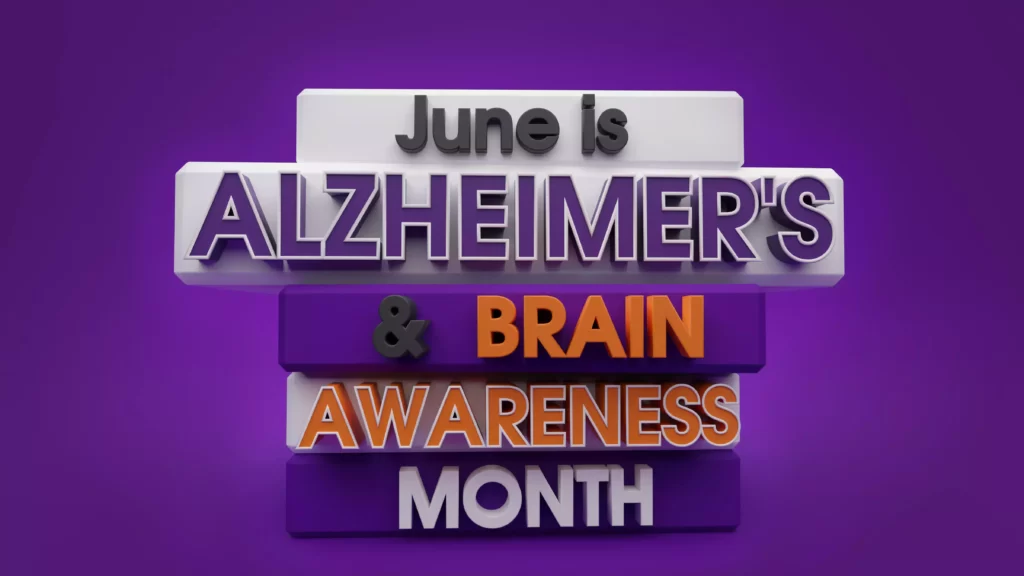
Potential future advancements in treatment
Understanding Childhood Alzheimer’s. Potential future advancements in treating childhood Alzheimer’s demonstrate promise in enhancing the quality of life for affected children.
Researchers are evaluating various avenues, including gene therapy, stem cell therapy, and drug development targeting specific proteins or pathways related to the disease.
These potential therapies could slow the condition’s progression, alleviate symptoms, and enhance cognitive function.
Nonetheless, it’s essential to recognize that these advancements remain in the beginning stages and require further research and clinical trials.
Regardless, these groundbreaking studies provide hope for a brighter future for children affected by this debilitating disease.
Causes of Childhood Alzheimer’s
Childhood Alzheimer’s, also known as early-onset dementia, is a rare condition affecting children and adolescents.
The causes of Alzheimer’s disease remain largely unknown. Nevertheless, research suggests that the buildup of amyloid plaques in the brain, which can affect normal brain functioning, may play a significant role.
Genetic mutations, as well as inheritance patterns, have been implicated in childhood Alzheimer’s. It is crucial to investigate these causes to devise effective treatment strategies and preventive measures.
Boosting awareness and supporting research in the area is vital to dissect the causes of childhood Alzheimer’s and offer hope for those affected and their families.
Role of amyloid plaques in brain functioning
Childhood Alzheimer’s, also known as early-onset dementia, is a sporadic and devastating condition that affects children and adolescents.
Unlike Alzheimer’s, which typically affects older adults, childhood Alzheimer’s can occur very early on, often before age 20.
This debilitative neurodegenerative disorder leads to progressive cognitive decline, severe memory loss, and behavioral changes in affected individuals.
One of the key factors underlying this condition is the role of amyloid plaques in brain functioning.
These abnormal proteins cause the regular communication between brain cells to be disrupted, resulting in the degeneration and loss of vital cognitive functions.
Understanding Childhood Alzheimer’s. Understanding the role of amyloid plaques is crucial in designing effective treatments for childhood Alzheimer’s.
Other potential contributing factors
Amyloid plaques are involved in brain functioning, but there may be other potential contributors to childhood Alzheimer’s.
Although the cause of Alzheimer’s is not fully understood, researchers suspect that factors such as oxidative stress, inflammation, and abnormalities in proteins may play a role in causing this irreversible condition.
Understanding Childhood Alzheimer’s. Moreover, genetic mutations and inheritance patterns have been implicated in some cases of childhood Alzheimer’s.
Further research will be required to unravel the complex interplay of these factors and further illuminate this rare and devastating disease.
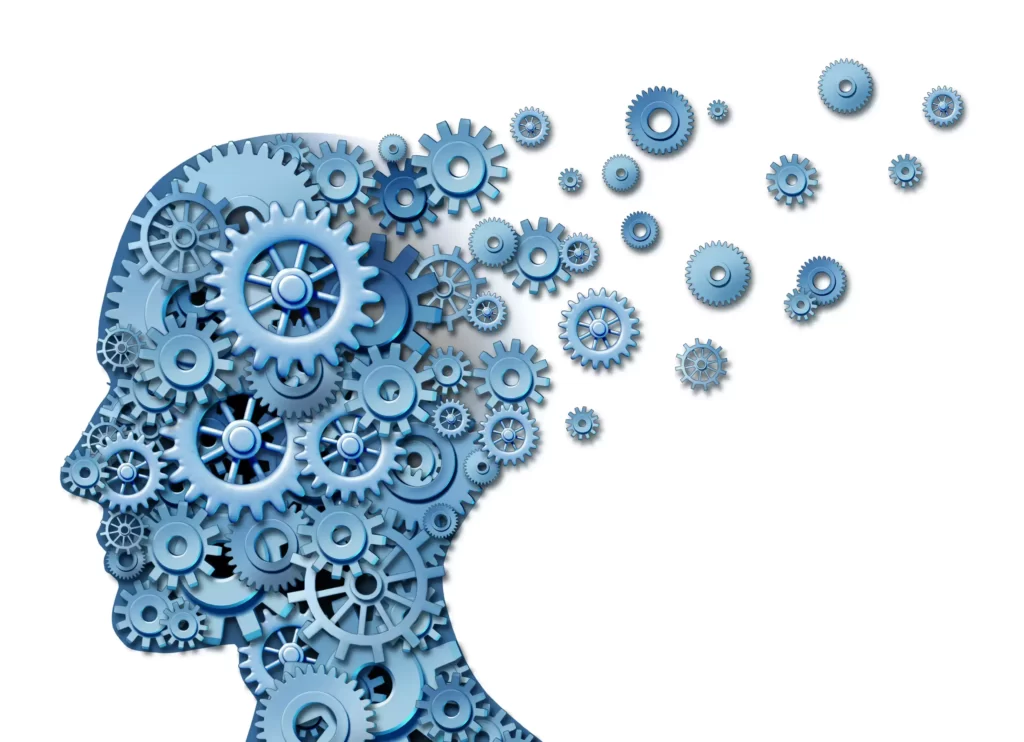
Genetic mutations and inheritance patterns
Childhood Alzheimer’s, also known as early-onset dementia, is an exceedingly rare and devastating condition that affects children and adolescents.
Unlike Alzheimer’s disease, which most commonly affects older adults, childhood Alzheimer’s tends to occur early on, often before age 20.
This debilitating neurodegenerative disorder has causes that include progressive cognitive decline, severe memory loss, and behavioral changes in affected individuals.
Children affected by this condition are frequently affected by distressing symptoms that negatively impact their daily lives.
They may experience learning difficulties, lose the ability to speak or walk autonomously, and even lose touch with familiar faces or family members.
The progression of childhood Alzheimer’s is relentless and rapid versus adult-onset dementia.
Genetic mutations, as well as inheritance patterns, play a significant role in causing this condition.
Coping Strategies for Families
Understanding Childhood Alzheimer’s. Families affected by childhood Alzheimer’s face immense emotional and pragmatic challenges.
Dealing with the ravaging effects of this rare condition requires a comprehensive approach.
Educational resources and specialized intervention programs are vital in assisting these families.
These resources contain valuable resources to assist families in navigating the complexities associated with handling their child’s care needs.
Furthermore, creating a strong supportive network that involves professionals, caregivers, and other families experiencing similar circumstances and having someone to provide emotional support can be extremely valuable.
Caring for the mental well-being of the entire family is crucial, and looking for professional help, like therapy or counseling, can be helpful.
Educational resources and specialized intervention programs
Understanding Childhood Alzheimer’s. Educational resources and specialized intervention programs are crucial in assisting children affected by childhood Alzheimer’s.
These resources offer valuable information for families, educators, and healthcare professionals regarding the condition and its impact on cognitive function.
Specialized intervention programs provide tailored therapies and interventions to alleviate symptoms and encourage mental development.
These programs can incorporate speech therapy, occupational therapy, and behavioral interventions.
Having access to educational and specialized resources allows families to understand the needs of their children better.
It equips them with tools to manage their cognitive and emotional well-being professionally and effectively.
Building a strong support network
Understanding Childhood Alzheimer’s. Developing a supporting solid network is essential for families coping with the challenges of childhood Alzheimer’s.
Using educational resources and specialized intervention programs can provide valuable information and guidance to aid in navigating the journey.
Connecting with other family members going through similar experiences can facilitate a sense of community and understanding.
It is crucial to establish relationships with healthcare professionals, such as neurologists and therapists, who can provide expert advice and assistance.
In addition, prioritizing emotional support and ensuring mental well-being for the affected child and the caregivers is essential.
By establishing a solid network, families can find solace and strength in confronting childhood Alzheimer’s together.
Emotional support and mental well-being
Understanding Childhood Alzheimer’s. Emotional and mental health support is essential for families coping with childhood Alzheimer’s.
It is crucial to tackle the challenges of this debilitating condition with a professional and empathetic approach.
Supporting families through counseling and support groups can assist in managing the overwhelming emotions associated with witnessing the cognitive decline of their child.
Encouragement of self-care practices, such as scheduling breaks and seeking respite care, can aid in ensuring caregivers can maintain their mental well-being.
Furthermore, connecting with families facing similar challenges can foster a sense of understanding and solidarity, alleviating feelings of isolation.
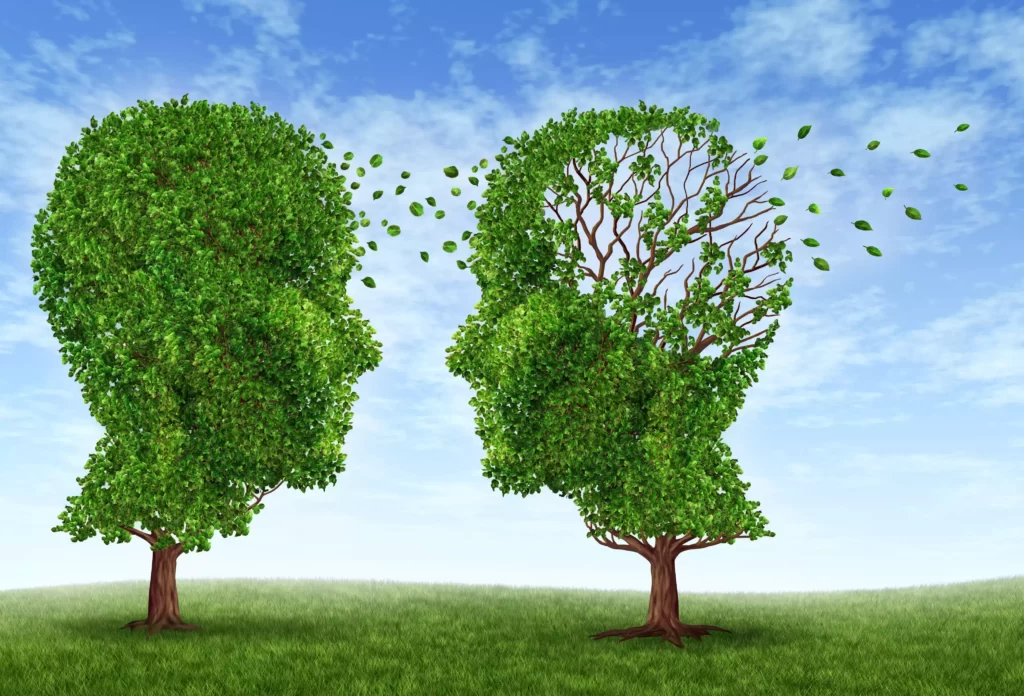
Symptoms and Diagnosis
Understanding Childhood Alzheimer’s presents several difficult symptoms that require meticulous evaluation and diagnosis.
Early signs of Alzheimer’s may include difficulties with learning, loss of speech or mobility, and problems identifying familiar faces or loved ones.
Diagnosis of childhood Alzheimer’s can be challenging as these symptoms may resemble other developmental disorders.
It is vital to conduct a thorough assessment by a team of medical professionals comprising neurologists and geneticists.
Early detection plays a crucial role in securing appropriate interventions and support.
A timely diagnosis enables families to prepare for the future and locate resources tailored to the specific needs of children and adolescents with this debilitating condition.
Challenges in diagnosing childhood Alzheimer’s
Understanding Childhood Alzheimer’s. Diagnosing childhood Alzheimer’s is characterized by its rarity and resemblance of symptoms with other conditions.
The early symptoms, such as learning difficulties and behavioral changes, are often interpreted as normal developmental processes, causing a delay in diagnosis.
Moreover, limited comprehension of the disease and lack of centralized diagnostic criteria aggravate the problem further.
Understanding the importance and necessity of early diagnosis and intervention is crucial in providing the necessary support and care for children affected by Alzheimer’s.
Enhanced research and collaboration between medical professionals are essential for improving diagnostic accuracy and ensuring timely treatment for those struggling with Alzheimer’s.
Early signs and symptoms
Understanding Childhood Alzheimer’s. Early signs of childhood Alzheimer’s can be challenging to spot. However, healthcare professionals are crucial in detecting and diagnosing this debilitating childhood condition.
Some telltale signs may include difficulties with reading and writing, regression in developmental milestones, forgetfulness, mood swings, and difficulty with motor skills.
A timely diagnosis is essential to provide appropriate support and interventions to afflicted children.
Through neurologic examination, genetic testing, and brain imaging, healthcare providers can identify the presence of childhood Alzheimer’s.
Early detection allows for earlier intervention and support but also assists in equipping families with the necessary resources and information to navigate this rare and heartbreaking condition.
Importance of early detection and intervention
Understanding Childhood Alzheimer’s. Early detection is crucial when it comes to childhood Alzheimer’s.
Due to both the rarity and challenges involved in diagnosing the condition, early detection may be challenging.
Nonetheless, it is crucial to recognize the early signs and symptoms to initiate treatments and interventions promptly.
By doing this, it is possible to halt the progression of Alzheimer’s and significantly enhance the quality of life for affected children.
Early intervention involves utilizing various therapy and support systems tailored to each child’s needs.
Therefore, healthcare professionals and caregivers must be vigilant and proactive in identifying and addressing childhood Alzheimer’s.
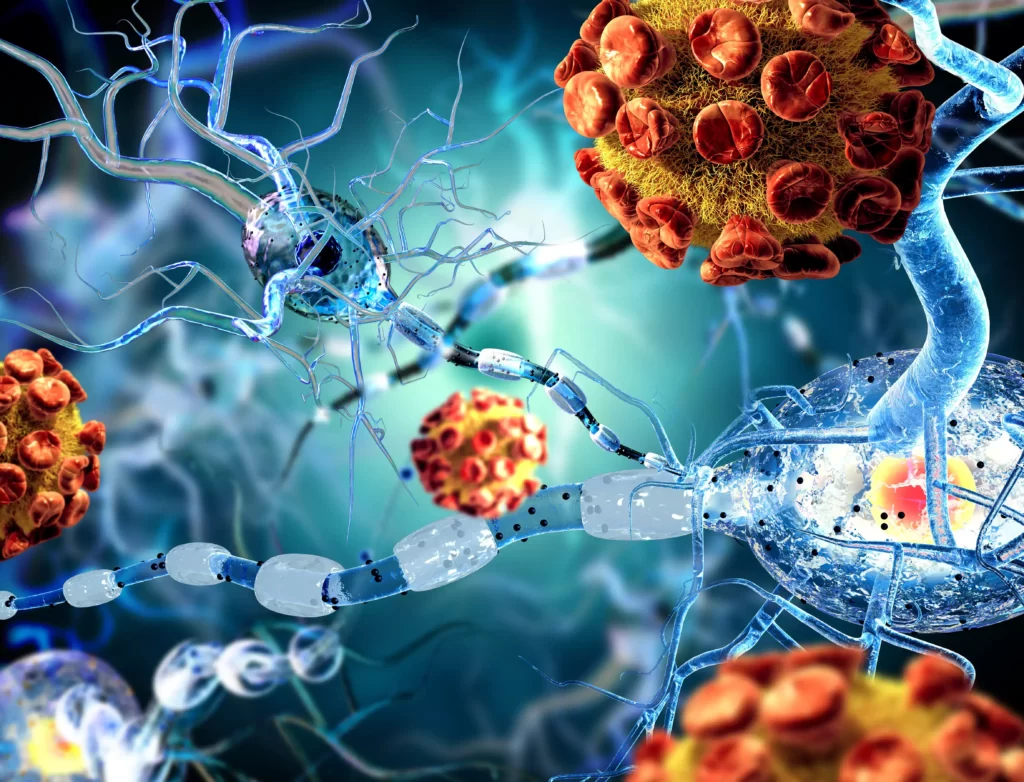
Conclusion
Understanding Childhood Alzheimer’s. In conclusion, Childhood Alzheimer’s, although rare, is a devastating condition that has profound implications on the lives of children and adolescents alike.
There is an urgent need for more research and awareness due to the lack of effective treatment options. Healthcare providers, caregivers, and communities must collaborate and provide comprehensive care and support to those affected and their families.
Detection and intervention are crucial in minimizing symptoms and enhancing quality of life.
Investing in educational resources, specialized intervention programs, and a strong support network makes it possible to achieve improved outcomes and lead better lives for those afflicted by this persistent and rapidly progressing neurodegenerative disorder.


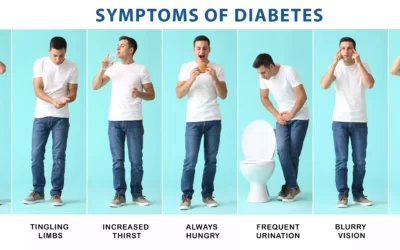

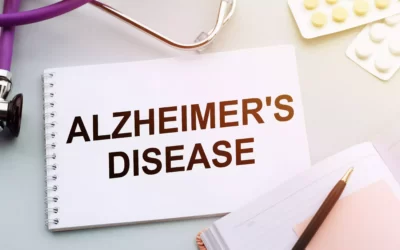

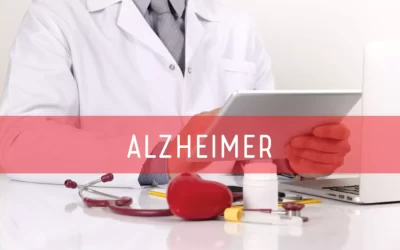
0 Comments